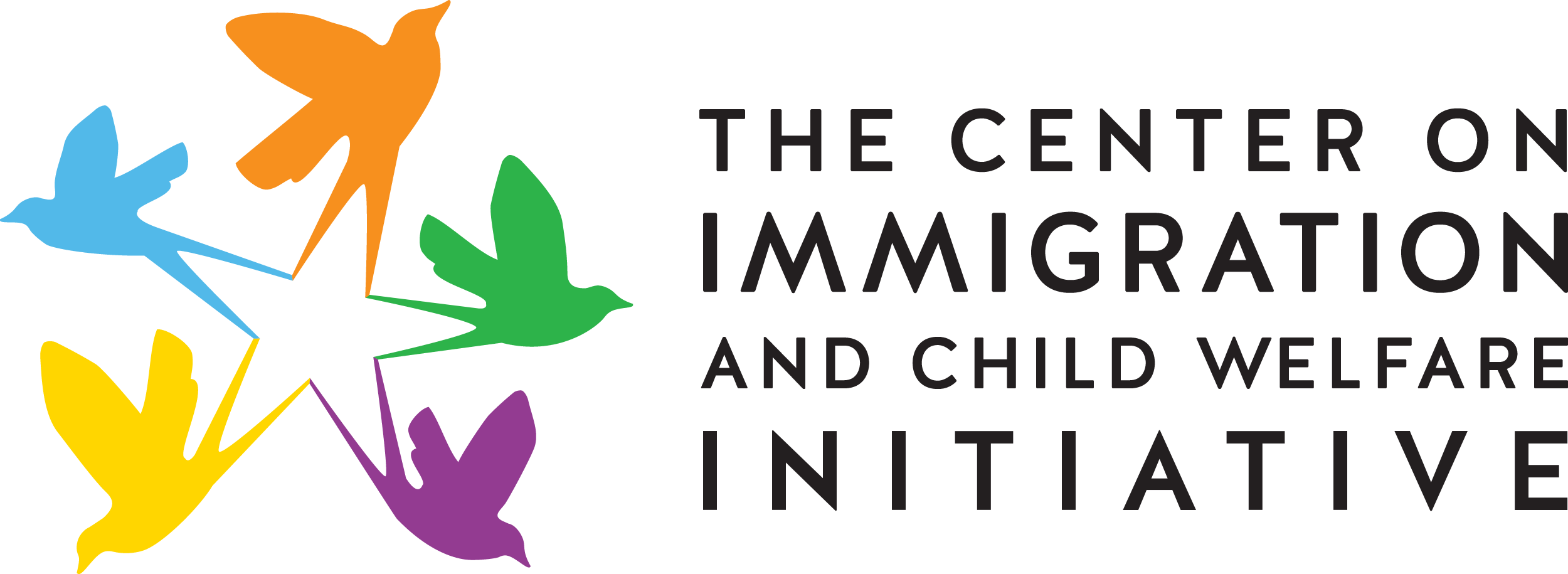Viaje A Tu Seguridad
KIND (February 19, 2019)
This is a publication in comic book form for unaccompanied children to help them understand asylum and the process of seeking asylum in the United States. It is also to be used as a resource for those who work with unaccompanied children.

